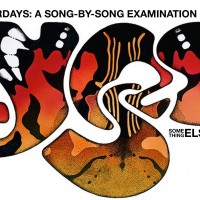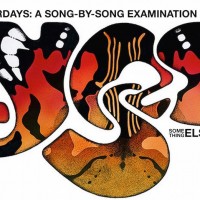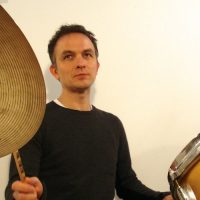“Sound Chaser,” from 1974’s Relayer, is the closest Yes gets to sounding like the jazz-fusion of Mahavishnu Orchestra, rather than simply the world’s greatest progressive rock band.
Patrick Moraz, the Swiss-born keyboardist who was with Yes from 1974-76, provides a jazz-laden flourish of electric piano, which is punctuated by Alan White’s jazz-rock drumming. “Sound Chaser” then proceeds at breakneck speed, fueled by Steve Howe’s Fender Telecaster playing. Along the way, “Sound Chaser” gives every Yes instrumentalist a chance to shine, but Howe in particular is given space to improvise over Moraz’s Moog string ensemble.
Jon Anderson’s lyrics compliment the fray, transcending both time and space. Two-thirds into this song, the mood shifts, punctuated by Chris Squire’s ringing bass and Howe’s volume pedal guitar and a touch of pedal steel. “Sound Chaser,” written by the entire band, seems to play with time signatures as if they were almost an afterthought. Yet, the track proves again that Alan White is the master of his domain, tackling jazz and rock effortlessly within the same song.
Patrick Moraz comes back with a restrained Moog solo, before Anderson and Squire provide a rather unorthodox vocal breakdown. Just when you think Yes have finished, Moraz unleashes yet another Moog solo to wrap up “Sound Chaser,” and leave the listener breathless.
- Thelonious Monk – ‘Thelonious Himself’ (1957; 2025 vinyl reissue) - May 26, 2025
- Ben Tweedt – ‘Life Cycle’ (2025) - May 25, 2025
- Fernando Perdomo – ‘Waves 5’ (2025) - May 13, 2025





I think the instrument you call a Moog string ensemble is really a Mellotron. What do you think about the lyrics and tempo changes and how they fit in with the song?
This song is incredible! Steve Howe is clearly at his best! (Probably only, the wild solo on Awaken can be compared with this!)